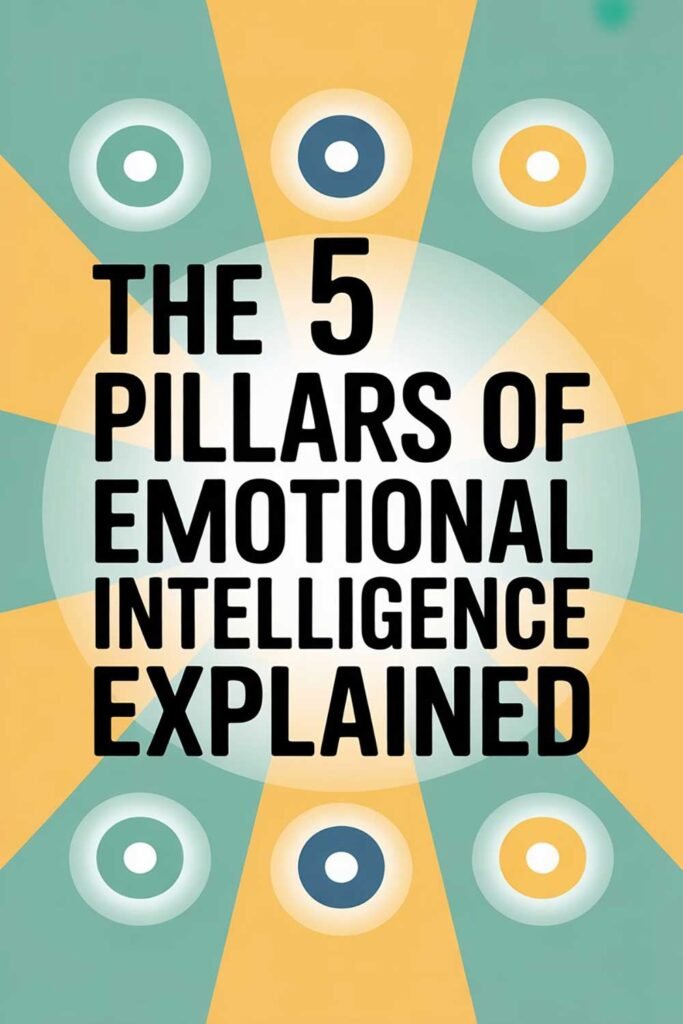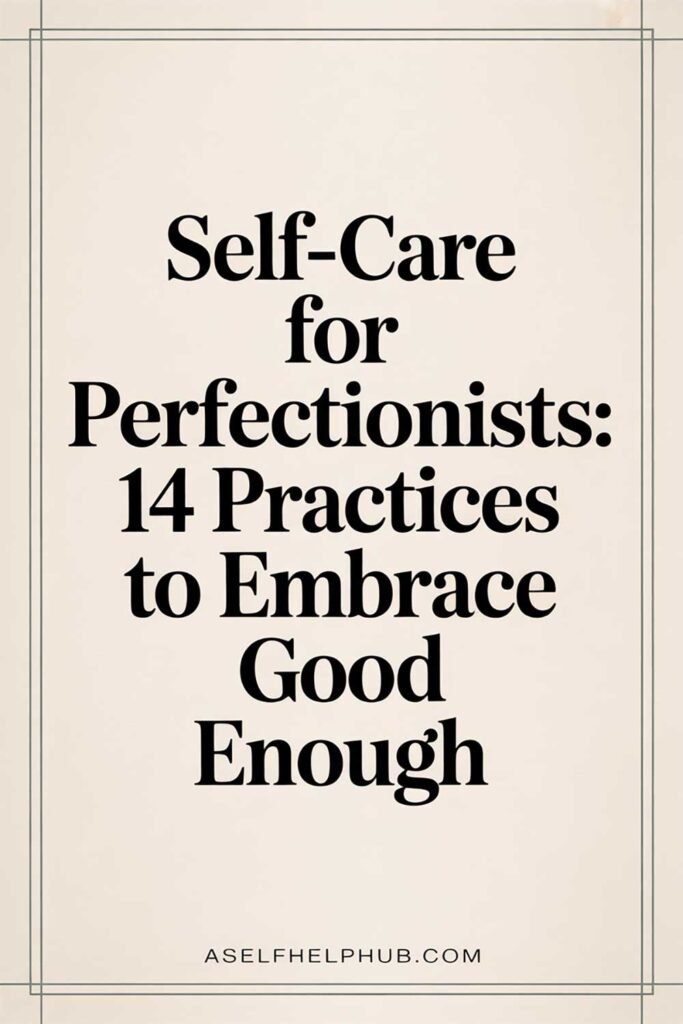8 Strategies to Stop Impulse Spending
We’ve all done it—spotted something we didn’t plan to buy and purchased it on the spot. That little thrill of instant gratification can quickly lead to guilt, regret, and financial strain. Impulse spending is one of the biggest roadblocks to saving money and reaching financial goals. The good news? You can break the habit with awareness, discipline, and the right tools. In this comprehensive guide, we’ll explore 8 effective strategies to help you stop impulse spending, backed by real-life examples, practical tips, and mindset shifts that work.

1. Track Every Dollar You Spend
Awareness is the first step to change. When you track your spending, you become more mindful and are less likely to spend impulsively.
Real-Life Example: Maria used to overspend at Target every week. Once she started logging her expenses in a budgeting app, she realized she was spending $300/month on non-essentials. She cut that in half just by being more aware.
Action Tip:
Use apps like Mint, YNAB, or even a notebook to track daily spending for at least 30 days.
2. Create and Stick to a Monthly Budget
Having a detailed budget helps you plan your spending with purpose and identify your financial priorities.
Real-Life Example: Jamal created a budget and allocated $100 per month for fun purchases. Knowing his limit helped him pause before swiping his card unnecessarily.
Action Tip:
Include a “fun money” category so you don’t feel deprived but still stay within boundaries.
3. Use the 24-Hour Rule
If something tempts you, wait 24 hours before making the purchase. This delay often helps you realize you don’t need it after all.
Real-Life Example: Tina used to impulse-buy clothes online late at night. She made it a rule to wait until the next day to decide. Most of the time, she no longer wanted the item.
Action Tip:
Add items to your wishlist instead of your cart. Revisit them after 24–48 hours.
4. Avoid Tempting Environments
If you know you tend to overspend in certain places or situations, avoid them whenever possible.
Real-Life Example: Greg deleted shopping apps from his phone and unsubscribed from promotional emails. He saved over $1,200 in just four months.
Action Tip:
Unsubscribe from email lists, remove credit card info from your favorite sites, and limit mall trips.
5. Use Cash for Discretionary Spending
It’s much harder to part with physical cash than swipe a card. Use the envelope method for fun spending.
Real-Life Example: Lauren withdrew $100 each payday for eating out and personal treats. When it was gone, she stopped spending until the next cycle.
Action Tip:
Create a cash envelope for categories like dining out, entertainment, and shopping.
6. Set Clear Financial Goals
When you have something big you’re saving for, like a vacation, emergency fund, or new car, it becomes easier to resist small temptations.
Real-Life Example: David was tempted by a new tech gadget. Instead, he reminded himself of his goal to save $5,000 for a down payment. He skipped the purchase and put $300 toward his goal instead.
Action Tip:
Put pictures of your financial goals (like a dream home or trip) where you’ll see them often.
7. Practice Gratitude and Contentment
Impulse spending often comes from trying to fill emotional voids. Focusing on what you already have reduces the urge to buy more.
Real-Life Example: Samantha started a gratitude journal and listed three things she appreciated each day. She noticed fewer cravings to shop and a deeper sense of peace.
Action Tip:
Write down five things you’re grateful for every morning or night. It rewires your brain for contentment.
8. Plan Purchases in Advance
Creating shopping lists for groceries, clothing, and essentials helps you stick to your plan and avoid distractions.
Real-Life Example: Mike started using a detailed shopping list for his weekly grocery trip. He went from spending $180 per trip to $120.
Action Tip:
Never go shopping—online or in-person—without a list and a budget.
20 Motivational Quotes to Help You Stop Impulse Spending
- “Don’t buy things you can’t afford with money you don’t have to impress people you don’t like.” – Dave Ramsey
- “The more you buy, the less you own.” – Unknown
- “Beware of little expenses. A small leak will sink a great ship.” – Benjamin Franklin
- “Impulse spending is a tax on indecision.” – Anonymous
- “You don’t need more things; you need more peace.” – Unknown
- “Money looks better in the bank than on your feet.” – Sophia Amoruso
- “Buy less, choose well, make it last.” – Vivienne Westwood
- “Don’t let your emotions do the spending.” – Suze Orman
- “Think before you buy. Every dollar has a job.” – Jesse Mecham
- “Simplicity is the ultimate sophistication.” – Leonardo da Vinci
- “Minimalism is not lack of something. It’s the perfect amount of everything.” – Anonymous
- “The key to financial freedom is disciplined spending.” – Unknown
- “Financial peace isn’t about how much you make, it’s how you manage it.” – Dave Ramsey
- “Gratitude turns what you have into enough.” – Melody Beattie
- “Money is a terrible master but an excellent servant.” – P.T. Barnum
- “Clutter is nothing more than postponed decisions.” – Barbara Hemphill
- “Stop buying things you don’t need to impress people you don’t even know.” – Unknown
- “Every time you spend money, you’re casting a vote for the kind of life you want.” – Anna Lappé
- “Rich is the person who is content with what they have.” – Unknown
- “Saving is a great habit, but without investing, it just sleeps.” – Unknown
Picture This:
Imagine waking up and checking your bank account without dread. You feel calm, empowered, and in control. You have money in savings, your credit card balance is shrinking, and your financial goals are in sight. You no longer feel the pull of late-night online shopping or weekend splurges. Instead, you feel grounded, focused, and confident. That’s the power of overcoming impulse spending.
Share This Article:
If you know someone who struggles with impulse spending, please share this article with them. It could be the inspiration they need to take control of their finances and their future.
Disclaimer:
This article is for informational purposes only and based on shared strategies and real experiences. It does not replace financial advice. For personal guidance, consult a certified financial professional.






